NOTE: (Pakistan’s middle class is under serious pressure. From rising inflation to a failing support system, life is becoming harder every day. Unlike in the West, where hard work pays off, the Pakistani system offers little relief or hope — pushing even educated professionals to leave the country in search of dignity and stability…..)
I’m a Pakistani who moved to the United States about 8 years ago. I was doing well back home – had a decent job in a reputable organization, lived in a middle-class neighborhood, and life seemed fine… or at least that’s what I used to think.
But after living in the US for several years, there’s no doubt that the first few years in the US or Canada are really tough. I’ve lived it. In the beginning, most of us have to work two jobs. Sometimes standing on your feet for 12 hours a day. You miss your family, you miss home. You don’t understand how the system works, and on top of that, there’s the language barrier too.
But slowly, as you start understanding how things work, the country starts giving back. The system supports you. If you work hard, life becomes easier. You get opportunities. You start building a future.
Now, compare that to Pakistan. The poor, of course, are already struggling just to feed their families. But the real pain is for the middle class—people like us. Life is getting harder every day. The economy is in bad shape, yes—but the bigger problem is the system. It feels like the entire setup works against the middle class. There’s no support, no cushion, no roadmap, and no hope.
Let me share some real-life examples and observations with you.
1. The Daily Struggle: Salary vs Expenses
Back in Pakistan, as I mentioned in one of my earlier blog posts, when my friends and I were applying for immigration, one of our close friends refused. He said he wouldn’t leave Pakistan—he’d stay and build his life there.
But a few years later, he also moved to Canada.
According to his story, even though he was earning around 250,000 PKR per month in Pakistan, it still wasn’t enough. To manage expenses, he had to move from a slightly better house to a smaller one on rent. He even left Islamabad and shifted to Rawalpindi. He sold his car and started using a motorcycle just to cut costs.
And whatever little money he had saved? The government took a big chunk through heavy taxes. On top of income tax, he was stuck in corporate tax and other deductions too.
My point is simple: the system doesn’t support you. And it doesn’t give you any hope either. That’s how brain drain happens. Talented people give up and leave.
The sad part? Even when so many educated people leave the country, the government still doesn’t seem to care.
Now compare that to a cleaner I met here in the US – an immigrant from El Salvador. He works two jobs (cleaning offices and working part-time in a grocery store), and still manages to pay rent, send money back home, save a bit, and even go on small weekend trips with his family.
This comparison really hit me. In Pakistan, even white-collar professionals as i mentioned above are constantly worried about “how to make ends meet.” In the US, even a janitor or fast-food worker can live a dignified life if they work hard.
In fact, during COVID-19, when jobs and the economy were badly hit, the US government gave $5,000 to every citizen — whether someone had been in the country for one day or for 100 years. The goal was to make sure people could still afford basic things and the economy didn’t crash.
Now, look at our system. It feels like our government does the opposite — instead of helping, they push the middle class harder. It’s like they want people to go from driving a car to riding a bicycle.
2. Education: A Privilege, Not a Right
In the US, public schools are free and honestly pretty good. The government makes sure every child has access to basic education, buses, libraries, and free meals in many areas. When I joined a college here to upgrade my education, I was surprised. Every citizen can use the library, but students even get special rooms for group discussions. We get free internet, music classes, science labs, computers, and even access to counselors — all without paying any extra fees. And the best part? You also get tax deductions for being a student.
In Pakistan, if you’re middle class, you have no option but to send your kids to private schools – even if it eats up 30–40% of your income. Why? Because the government schools are in terrible shape. Some don’t even have basic washrooms or chairs for students.
It’s painful to see that education – which should lift families out of poverty – has become such a heavy burden for Pakistani middle-class families.
3. Healthcare: A Luxury for the Middle Class
A relative of mine in Lahore once delayed going to the doctor because he couldn’t afford the consultation fee. When he finally went, the disease had progressed, and the treatment cost even more.
Here in the US, even though healthcare can be expensive, there’s always some kind of safety net. Low-income families get government support, insurance options, and access to emergency care without upfront payments.
First of all, in Pakistan, the government doesn’t take healthcare seriously. And even if one government starts a good program, the next one shuts it down. For example, one government started a great project — the Sehat Card, which gave every family health coverage of up to 1 million rupees. But as soon as the new government came in, the first thing they did was cancel it. In Pakistan, if you’re not rich, one major illness in the family can wipe out your entire savings. There’s no proper insurance system for the middle class right now, and government hospitals are either overcrowded or under-equipped.
4. The “Double Tax” Trap
One of the strangest things in Pakistan is how the middle class pays double for everything. You pay taxes but still have to arrange your own electricity backup (generators, UPS), private school for your kids, private healthcare, and sometimes even your own water supply.
In the US, yes, we pay taxes too – but we get clean roads, working traffic lights, snow cleaning in winter, public schools, police that actually respond, and emergency medical services.
Pakistani middle class is paying both the government and private companies just to survive – and it’s draining them.
5. Lack of Dignity for Honest Work
In America, no one looks down on any profession. Whether you’re a plumber, Uber driver, cleaner, or factory worker, you’re respected as long as you’re honest and hardworking. You can buy a car, rent a decent apartment, and live a respectable life. I am going to tell you a real story
This creates frustration and hopelessness.
Final Thoughts: The Middle Class Deserves Better
Pakistan’s middle class is the backbone of the country. They are teachers, doctors, engineers, shopkeepers, IT professionals – the people who keep the system running. But sadly, they’re also the most ignored.
Being in the US made me realize that life doesn’t have to be this hard. Systems can work. Governments can take care of people. Middle class can live with dignity, send their kids to school, get treated when they’re sick, and even enjoy a little vacation.
I’m not saying everything is perfect in the West – it’s not. But the basic structure supports you, not crushes you.
To my fellow Pakistanis, I see your struggle. I’ve lived it. I just hope and pray that one day, the system in Pakistan starts supporting the hardworking, honest middle class – instead of pushing them down.
Let’s keep talking about these issues – because real change starts when we start questioning the way things are.
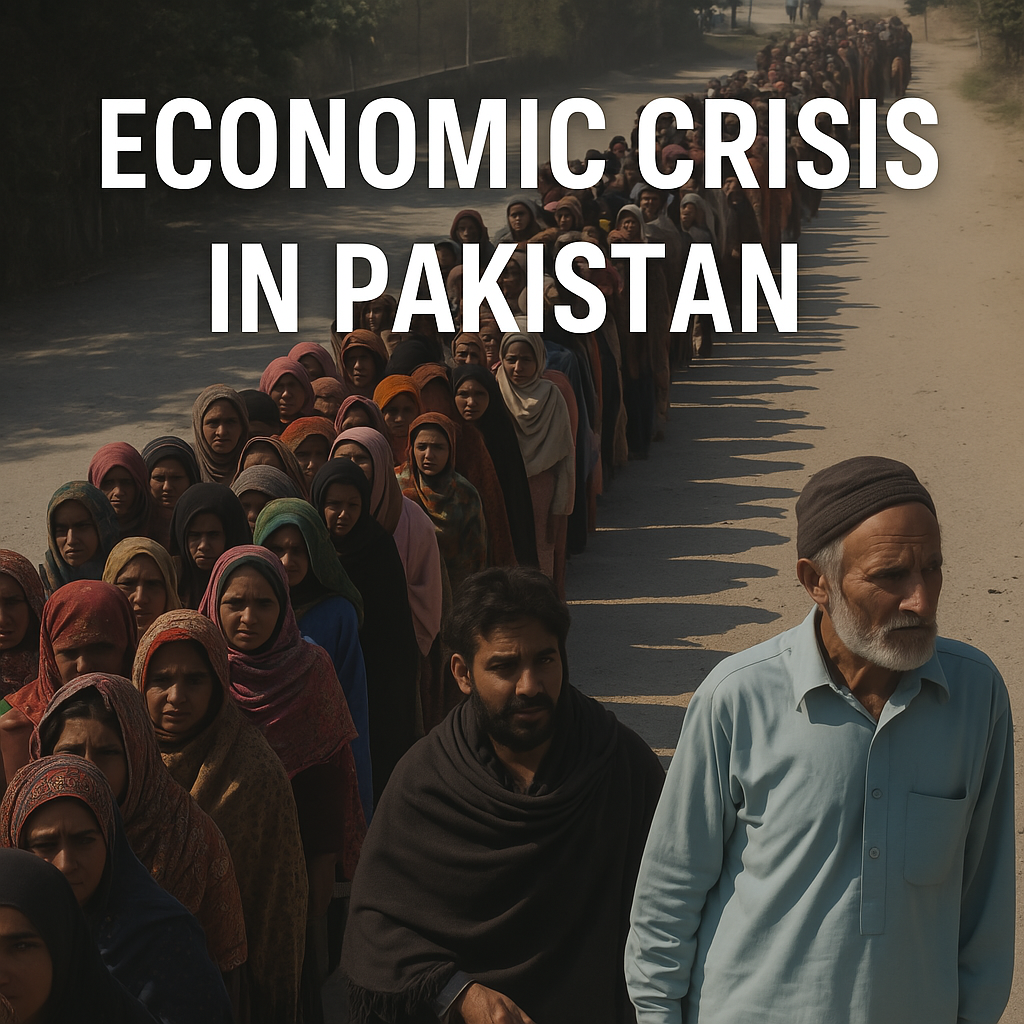

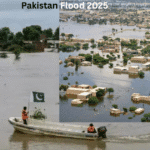
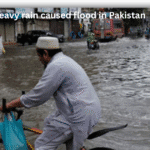



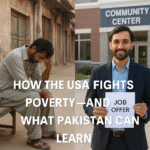
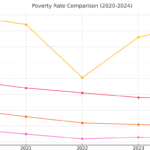


Very well written blog post highlighting the difference of standard among both countries and the economic disparity in pakistan and very well explained through personal experiences making it easier to grasp
Thank you so much for your kind words! I’m really glad you found the post relatable and easy to understand. Sharing personal experiences is my way of showing the ground reality